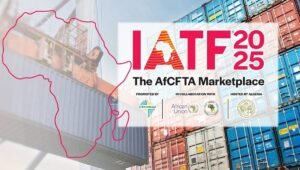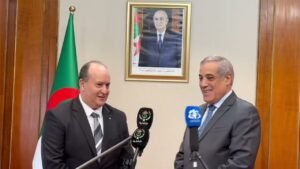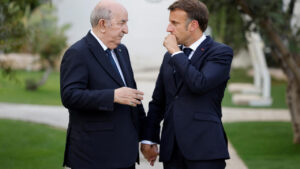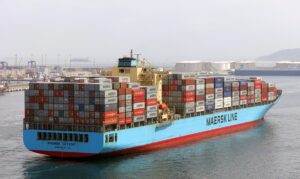The Moroccan Sahara: Between the blows of Moroccan diplomacy and Algeria's obsession with "Trump's tweet"
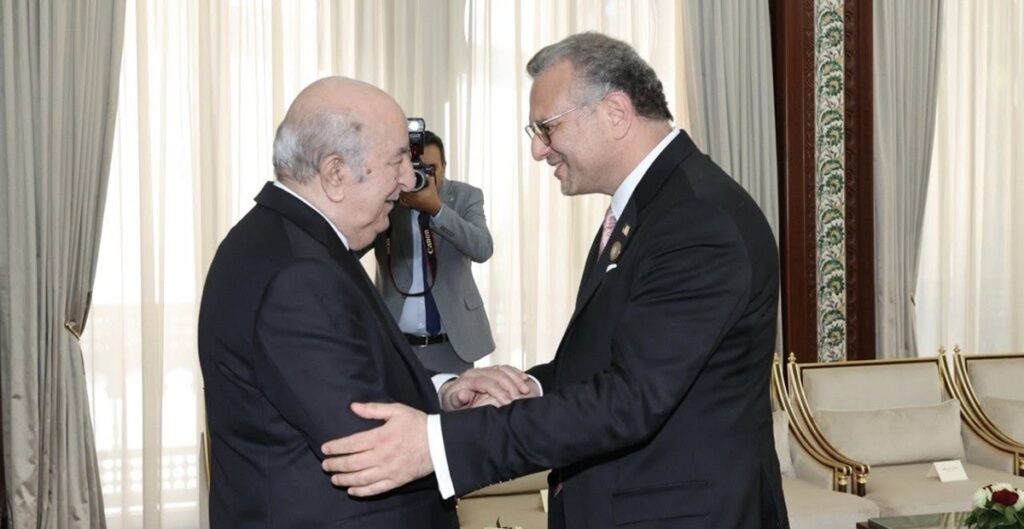
The Moroccan Sahara issue is one of the longest-running conflicts in Africa, and a matter that generates considerable controversy on the international stage. Amid this controversy, the position of the Algerian regime stands out. It appears to be trapped in a vicious cycle of losing battles, attempting to downplay the growing importance of international recognition of Moroccan Sahara. These recognitions, which are rapidly emerging, represent a powerful diplomatic blow to the Algerian regime, which insists on ignoring reality and distorting facts. In this context, we will analyze the Algerian regime's position and refute its claims, supporting them with indisputable facts and figures. We will demonstrate that this regime is struggling with windmills, and that its bet on changing the positions of major powers is a losing bet.
Trump's "Tweet" Illusion: An Endless Algerian Obsession
The US recognition of Moroccan Sahara, which occurred in December 2020, was considered a crucial turning point in the course of the issue. However, rather than taking this recognition seriously, the Algerian regime and its propaganda media chose to deal with it with sarcasm, describing it as a mere "tweet" on the X platform (formerly Twitter) by US President Donald Trump. This sarcastic description, which provoked ridicule among Algerians above all others, was nothing more than a pathetic attempt to mitigate the shock caused by the recognition.
The Algerian regime has ignored all the facts that confirm the solidity of this recognition, starting with the decision to open a US consulate in Dakhla, through official statements by the US State Department affirming its support for Moroccan Sahara, and ending with successive visits by high-ranking US officials to the region, during which they continue to affirm that "the United States' position on the Moroccan Sahara is firm and unwavering."
This Algerian obsession with "Trump's tweet" reflects a profound failure to read reality and an even greater failure to understand the mechanisms of decision-making in the United States. Presidential decisions, particularly those related to foreign policy, cannot be merely tweeted; rather, they are the product of extensive consultations between various government agencies. This was confirmed by President Trump's advisor for African affairs, Messaad Boulos, who directly stated to Algerian President Abdelmadjid Tebboune that the United States' position on the Moroccan Sahara is firm, decisive, and unchangeable.
Accumulating Losses: Imaginary Battles in a Time of Reality
The "Trump tweet" battle isn't the Algerian regime's only losing battle. Looking back at the regime's history, we find it has a long record of failures, both domestically and internationally. Regarding the Sahara issue, the Algerian regime has failed to convince any Arab or Islamic country to recognize the "fake republic," with the exception of Mauritania. This recognition is merely formal and stems from specific contexts and reasons.
Indeed, his attempts to influence the positions of major powers, such as France and Spain, have failed miserably. Spain, Morocco's historical partner in the region, declared its explicit support for the autonomy initiative, describing it as "the most serious, realistic, and credible basis for resolving the conflict." France, one of Algeria's most important partners, expressed a similar position, with its president, Emmanuel Macron, articulately stating what Moroccans want to hear and the Algerian regime terrifies to contemplate.
Numbers and statistics don't lie: Algeria's growing isolation
Let us pause for a moment at the numbers and statistics that reveal the extent of the Algerian regime's isolation on this issue.
- More than 120 countries recognize Moroccan Sahara (or support the autonomy proposal under Moroccan sovereignty)This number is constantly increasing, and includes countries from different continents, including the United States, Spain, France, and a large number of countries on all five continents.
- More than 30 countries have opened consulates in Morocco's southern regions.This diplomatic measure, which constitutes a de facto and firm recognition of Moroccan Sahara, is a strong blow to the Algerian regime, which is trying to promote the idea that this region is occupied.
- International recognition of the fake republic is declining.Contrary to what the Algerian regime promotes, the number of countries recognizing the "fake republic" is declining significantly. In 1980, 74 countries recognized it, while today, that number has fallen to approximately 28. Most of these countries maintain friendly relations with Morocco, but 11 remain—at least ostensibly—hostile to Morocco, despite many of them lacking any political or economic weight on the international stage.
A losing bet on China and Russia
The Algerian regime is also trying to rely on its traditional allies, China and Russia, to shift the balance of power in the issue. But this bet, like its others, appears to be a losing one. Despite their lack of explicit recognition of Moroccan sovereignty over the Sahara, China and Russia have not used their veto power in the Security Council against any of the resolutions issued over the past two decades, which emphasize that a political solution must be "realistic, consensual, and mutually acceptable," which is considered implicit support for the autonomy initiative.
Dire Economic Repercussions: US Customs Slap
Not content with losing the political and diplomatic battle, the Algerian regime is also attempting to wage an economic battle, attempting to "buy" a different stance from the United States by opening up its oil and mineral resources to American companies. However, this pathetic endeavor was met with a powerful blow from the US administration itself. The Trump administration recently imposed a 301% tariff on Algerian imports (despite their marginality), while Morocco enjoys the minimum tariff rate (101% of the tariff rate), a move that carries great symbolic significance for the Algerian regime.
Conclusion: A Call for Awakening
In conclusion, the Algerian regime's insistence on wrestling with the windmill, distorting facts, and ignoring numbers and statistics will only bring it further isolation and losses. Through its active and effective diplomacy, Morocco has proven that the Western Sahara issue is an existential one, and that its only solution is the autonomy initiative under Moroccan sovereignty. Perhaps the ever-outstretched hand of the Moroccan monarch, King Mohammed VI, which he reiterated in his Throne Day speech a few days ago, contains a sincere invitation to the Algerian regime to abandon its stubbornness and engage in a realistic and peaceful solution that benefits the two brotherly countries and the entire region, based on the formula "no victor, no vanquished." Is there any sane person in Algeria who would heed this call?

